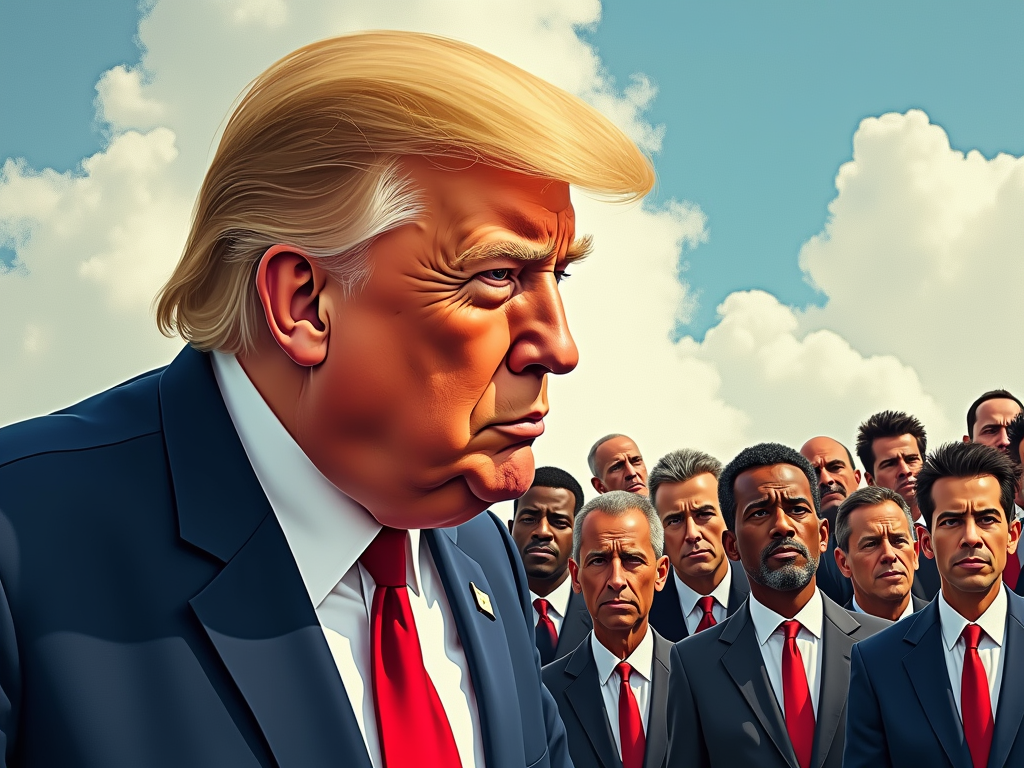Throughout his career as a businessman, reality TV star, and politician, Donald Trump has made numerous statements that have been widely criticized as racist or racially insensitive. This article examines Trump’s history of controversial racial remarks, from his early business career to his recent political campaigns.
Trump’s racial controversies date back to the 1970s when his property management company was sued by the Department of Justice for housing discrimination against African-American renters 1. While the lawsuit ended with a consent decree requiring Trump to end discriminatory practices, he never admitted wrongdoing.
One of the most notorious early incidents occurred in 1989 during the Central Park jogger case. Trump took out full-page newspaper ads calling for the death penalty to be reinstated for five Black and Hispanic teenagers accused of the crime 1. The young men, later known as the “Central Park Five,” were eventually exonerated when the real perpetrator confessed in 2002. Despite overwhelming evidence of their innocence, Trump has consistently refused to apologize for his actions 2.
During his 2016 presidential campaign, Trump made inflammatory remarks about Mexican immigrants, stating, “When Mexico sends its people, they’re not sending their best. They’re bringing drugs. They’re bringing crime. They’re rapists. And some, I assume, are good people” 1. This statement set the tone for a campaign that frequently deployed racial rhetoric.
Throughout his campaign and presidency, Trump continued to make racially charged claims about crime and minority communities. He falsely stated that “the overwhelming amount of violent crime in our cities is committed by blacks and Hispanics” and that “There’s killings on an hourly basis virtually in places like Baltimore and Chicago and many other places” 1.
In January 2018, during an Oval Office meeting about immigration reform, Trump reportedly referred to Haiti, El Salvador, and African nations as “shithole countries,” suggesting the U.S. should instead encourage immigration from countries like Norway 1. The comment sparked international outrage, though Trump later denied using the specific term while admitting to using “tough language.”
Trump’s racial rhetoric has continued into his recent political campaigns. A POLITICO analysis of more than 20 of his rallies and campaign events shows that Trump has intensified his racist and anti-immigrant messaging 7. This pattern of behavior has led to ongoing debates about racial rhetoric in American politics and its impact on society.
Most recently, in September 2024, during a presidential debate in Philadelphia, Trump made comments about the Central Park Five that led to a defamation lawsuit. Trump stated that the exonerated men “admitted – they said, they pled guilty. And I said, well, if they pled guilty they badly hurt a person, killed a person ultimately” 2. This statement, which falsely claimed the men had pled guilty and that someone had been killed, prompted the lawsuit filed by the five men in October 2024 8.
Trump’s campaign has consistently denied allegations of racism, often dismissing them as politically motivated 3. However, critics argue that his words have emboldened racist elements and exacerbated racial tensions in the United States.
As the 2024 presidential election approaches, Trump’s history of racial remarks continues to be a significant point of contention. His opponents, including the Biden-Harris campaign, have highlighted these controversies, with the Democratic National Convention featuring members of the Central Park Five speaking out against Trump 4.
The ongoing debate surrounding Trump’s racial rhetoric underscores the complex and contentious nature of race relations in American politics. As voters prepare to make their choice in the upcoming election, Trump’s history of controversial statements remains a crucial factor in the national conversation.

